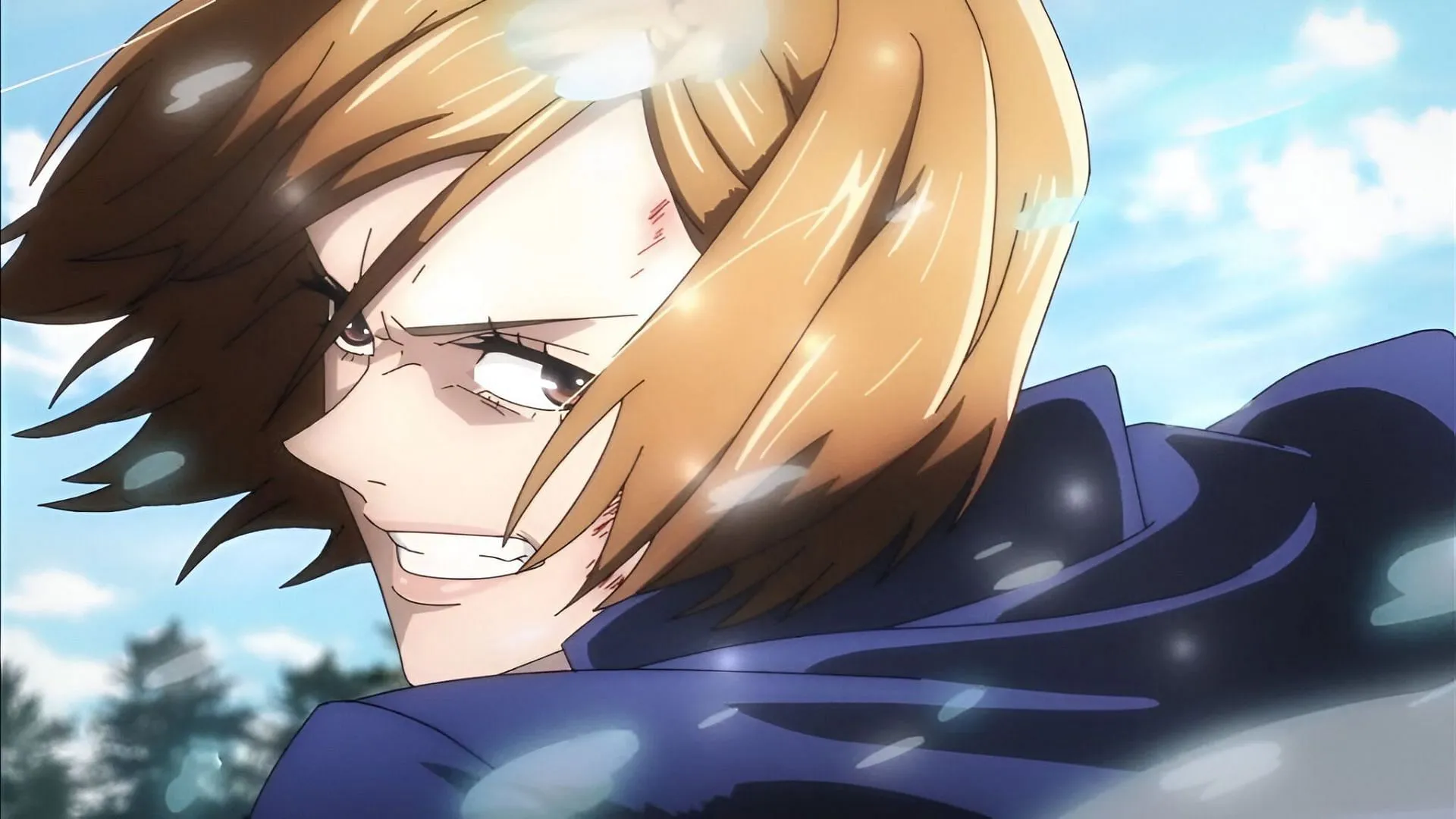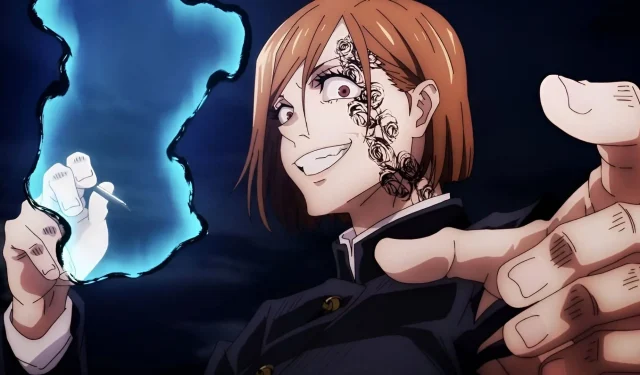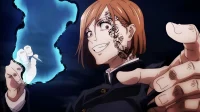Nobara Kugisaki emerged as a prominent character in Jujutsu Kaisen, earning accolades for her unique contribution to the shonen genre. While fans speculate about her fate following the Shibuya Incident, a more pressing concern is her unsatisfactorily developed character arc. Despite being part of the core trio alongside Yuji Itadori and Megumi Fushiguro, Nobara’s screen time, character development, and backstory were strikingly limited.
Her potential was largely unfulfilled before she was sidelined, which hindered her from achieving the recognition and legacy she warranted. The main issue isn’t just the uncertainty of her return but the broader failure of the series to thoroughly develop one of its most promising female characters.
Disclaimer: The views expressed in this article represent the opinion of the author.
Unrealized Potential: The Underdevelopment of Nobara Kugisaki
Nobara’s character appealed not only due to the absence of sexualization and romantic narratives but also because of her multifaceted personality. Her charm lied in her bold self-confidence mixed with profound emotional depth.
Throughout the anime, Nobara demonstrated her blend of emotional complexity and physical strength. Her impactful “pretty privilege”speech during the Death Painting arc showcased her complexity, where she embraced femininity as a source of strength while challenging stereotypes about women in combat roles.

Unfortunately, Akutami did not fully maximally expand upon this promising groundwork. While Yuji and Megumi received extensive character arcs that delved into their philosophies and personal growth, Nobara’s journey felt comparatively stagnant. Although her countryside origins and connection with Saori were briefly touched upon, these aspects were never meaningfully developed.
Her unique cursed technique, although visually striking, did not evolve in the same nuanced way as those of her male peers. Significant moments, such as her battles alongside Yuji against Eso and Kechizu or her confrontations with Mahito, mainly served the purpose of furthering male characters’ arcs instead of showcasing her own growth.
This pattern of oversight represents a significant drawback in a series initially celebrated for its character development. Nobara was introduced as an integral part of the first-year trio, but over time, she was reduced to a supporting figure.
The disparity becomes stark when comparing her storyline to Megumi’s philosophical evolution or Yuji’s journey through grief and existential dilemmas. While these male characters engage with clearly defined narrative challenges, Nobara’s growth appeared implied rather than explicitly articulated.
A Potential Heroine Undermined by Narrative Choices in Jujutsu Kaisen
Further emphasizing this discrepancy is how her techniques are portrayed. Nobara’s Resonance and Hairpin techniques felt static compared to Megumi’s expanding array of Shikigami and Yuji’s progression in mastering Divergent Fist and subsequently Black Flash.
Despite the intriguing applications and symbolic implications of her techniques—such as linking distant concepts similarly to her connection with her past—these themes remained largely superficial rather than developed into substantial narrative elements.
This stagnation in her character arc restricted her evolution as a fighter, denying her the essential growth often characteristic of shonen heroes, which keeps the audience engaged in their journeys.
Conclusion
The real injustice faced by Nobara is not only her ambiguous fate but the squandered potential of her character development. She introduced a refreshing perspective on female leads in Jujutsu Kaisen, successfully breaking free from clichéd shonen stereotypes—avoiding the pitfalls of being reduced to romantic subplots or denying her femininity.
Her narrative had the potential to delve into important themes such as rural displacement, female camaraderie, and the balance of strength and vulnerability. However, she became a casualty of narrative prioritization, pushed aside in favor of other character arcs. Fans are left not merely grieving her absence but yearning for the lost opportunity to witness the complete journey of a standout female protagonist, whose growth was abruptly halted not by an adversary, but by the storytelling choices made by the creators.


